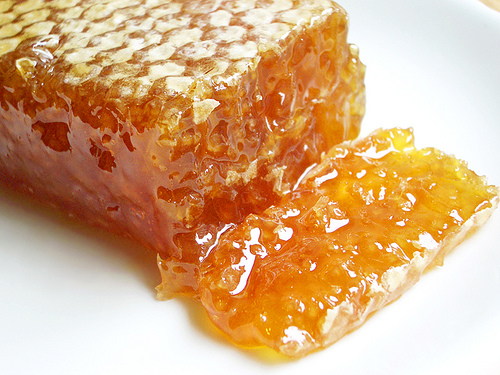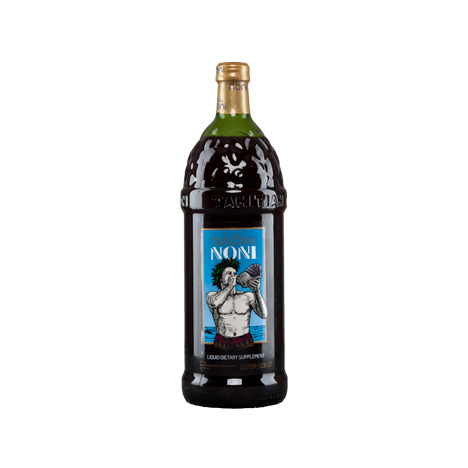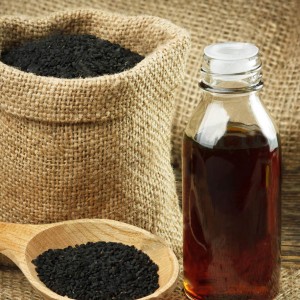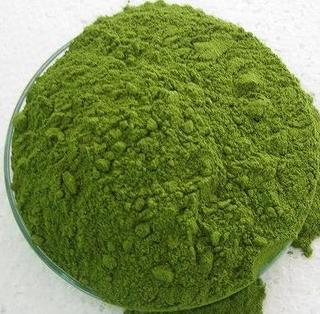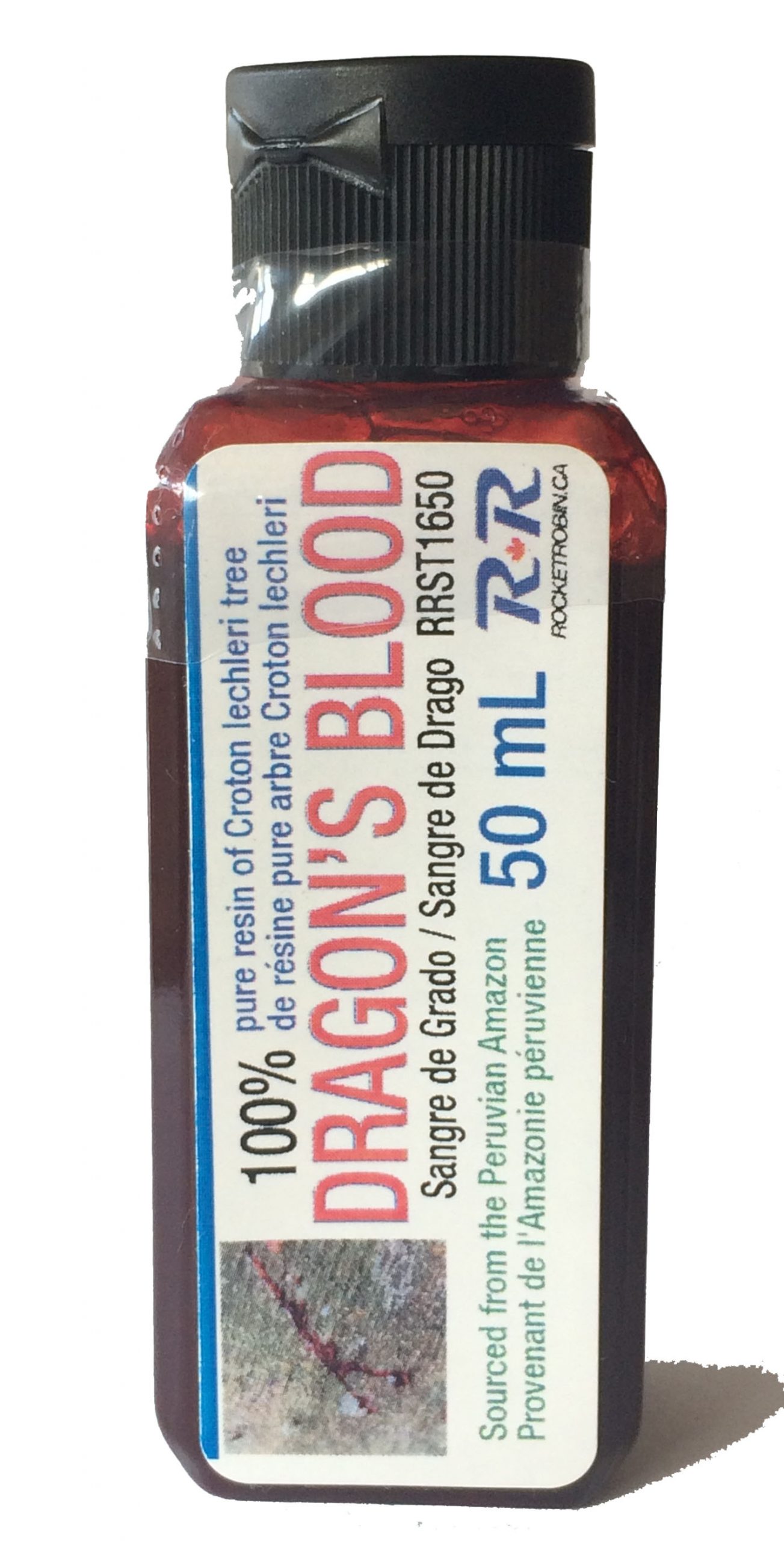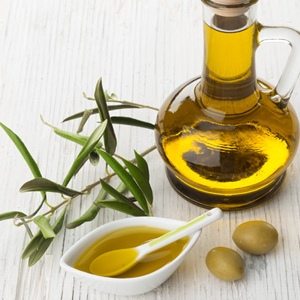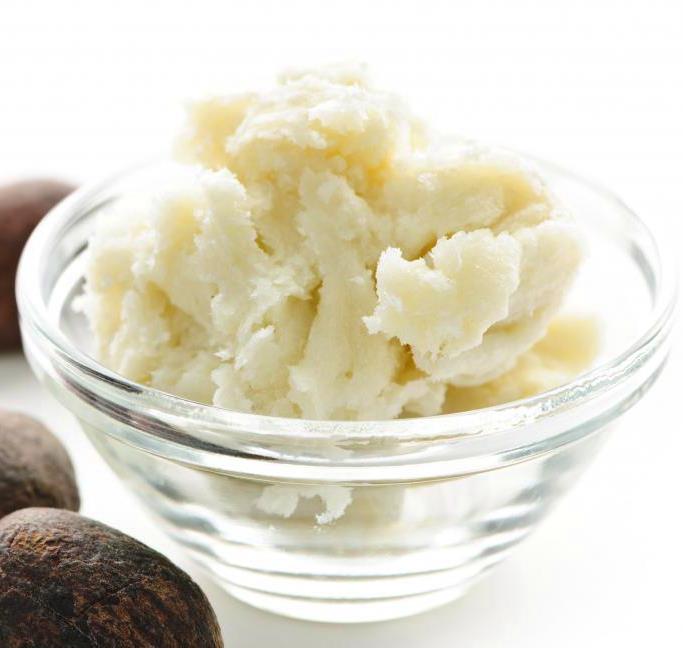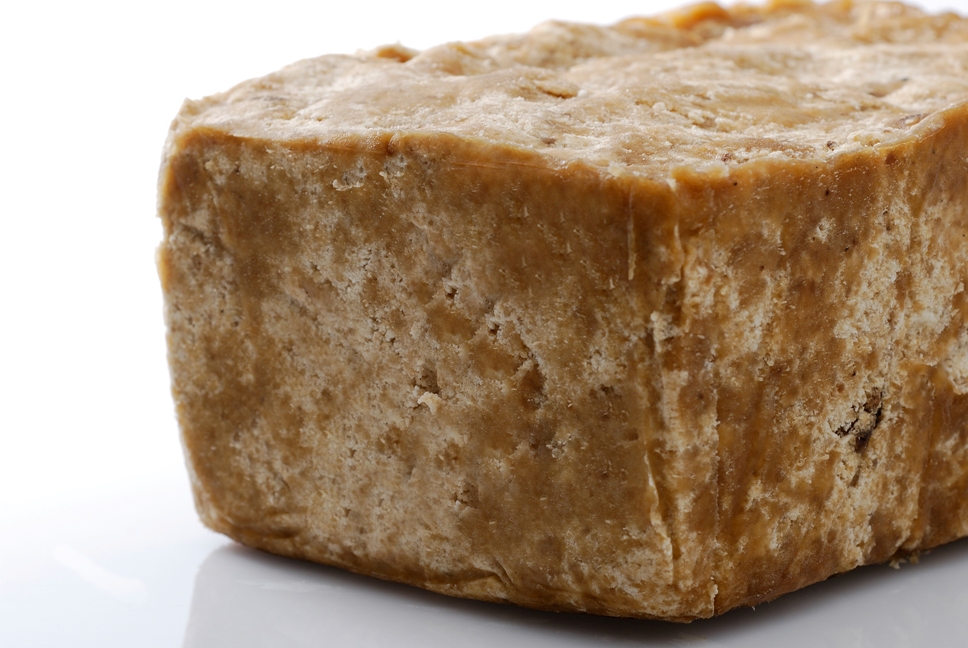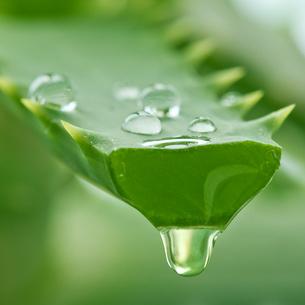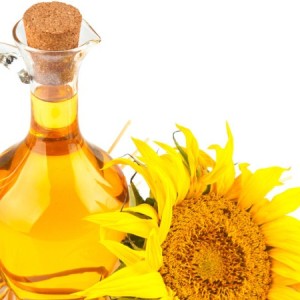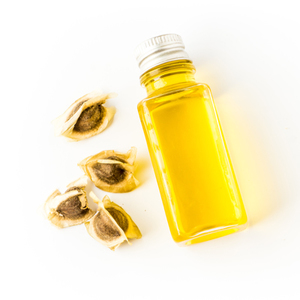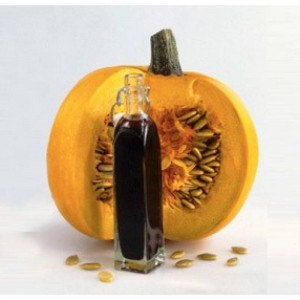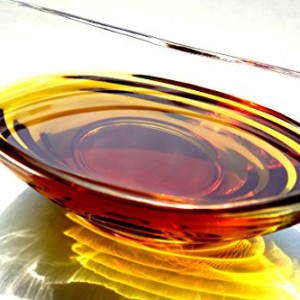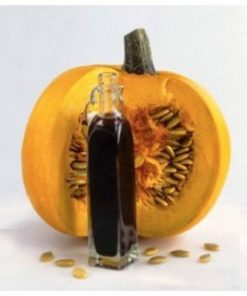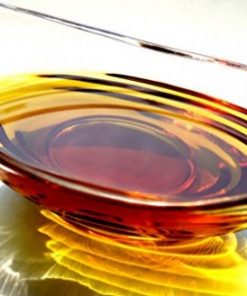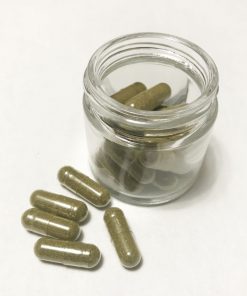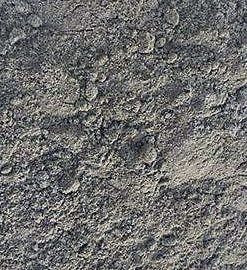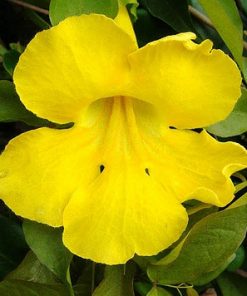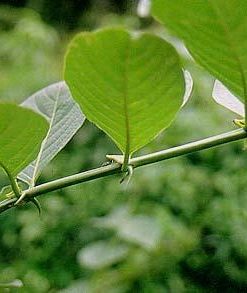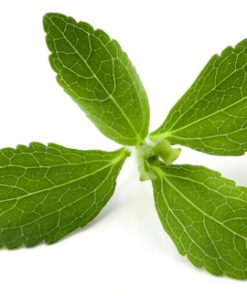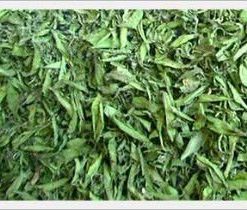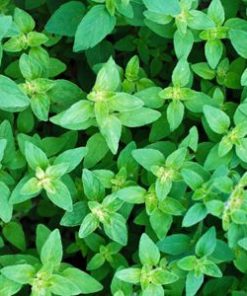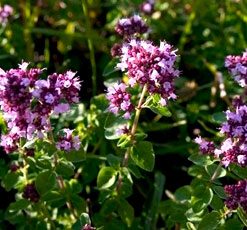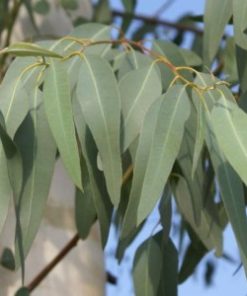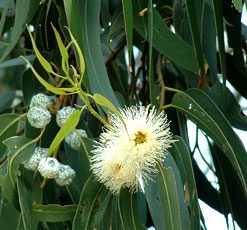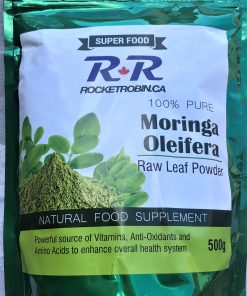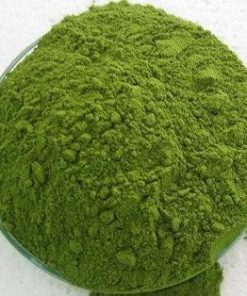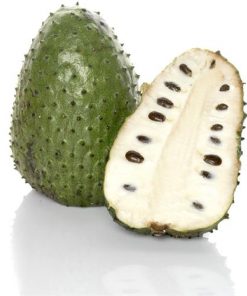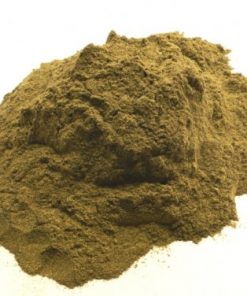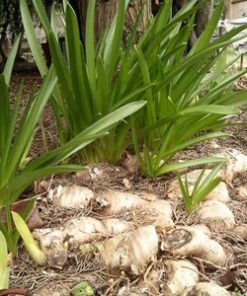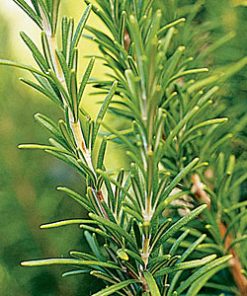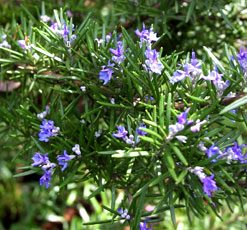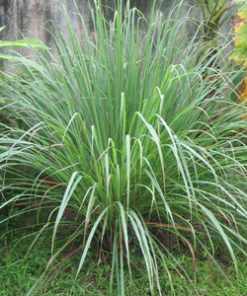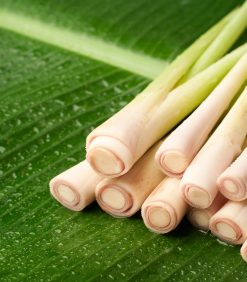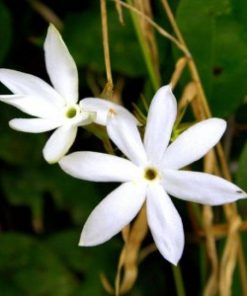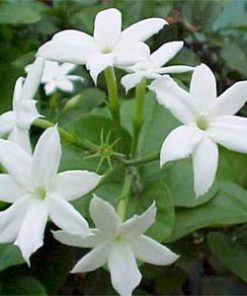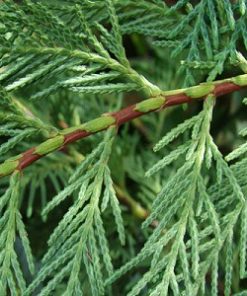Description
Pumpkin Oil
Pumpkin Oil (Pumpkin seed oil) is obtained from dried, lightly roasted pumpkin seeds of Cucurbita pepo L. With a wide variety of nutrients ranging from magnesium and manganese to copper, protein and zinc, pumpkin seeds are nutritional powerhouses wrapped up in a very small package. They also contain plant compounds known as phytosterols and free-radical scavenging antioxidants, which can give your health an added boost.
Pumpkin seed oil is one of the most nutritional oils available, and is an excellent source of essential fatty acids, antioxidants, vitamins, and sterols. It contains Omega-3 and Omega-6 fatty acids, which are known to promote energy levels, brain function, and overall health and vitality. It also contains vitamins A and C, zinc, and other trace minerals and vitamins. Historically, pumpkin seeds (either the whole seeds or the pressed oil) have been used all around the whole for healing purposes.
Properties
The viscous oil is light to very dark green to dark red in colour depending on the thickness of the observed sample. The oil appears green in thin layer and red in thick layer. Such optical phenomenon is called dichromatism. Pumpkin oil is one of the substances with strongest dichromatism. Its Kreft’s dichromaticity index is -44. Used together with yoghurt, the colour turns to bright green and is sometimes referred to as “green-gold”.
Colour, Taste and Aroma
Also known as “green gold”, pumpkin seed oil has a pleasant and mild flavour making it suitable for culinary applications.
Pumpkin seeds are rich sources of fatty acids. The four dominant fatty acids are Palmitic, Stearic, Oleic, and linoleic acid. HPLC analysis of the powerful pigments found in pumpkin seed oil reveal a number of CAROTENOIDS – the main components being BETA CAROTENE and LUTEIN. In addition other carotenoids present include – violaxanthin, luteoxanthin, auroxanthin, flavoxanthin, chrysanthemaxanthin, alpha-cryptoxanthin, beta-cryptoxanthin and alpha-carotene.
Health Benefits
Native Americans used pumpkin flesh and seeds for food. Their use of the seeds for intestinal infections eventually led the United States Pharmacopoeia to list pumpkin seeds as an official medicine for parasite elimination from 1863 to 1936. Native Americans also commonly used pumpkin seeds to treat a variety of kidney problems. Eclectic physicians at the turn of the century used pumpkin seeds to treat urinary tract problems and gastritis, and to remove tapeworms and roundworms from the intestines.
-
PROSTATE FUNCTION
Pumpkin seed oil has been used in combination with saw palmetto in two double blind human studies to effectively reduce symptoms of Benign Prostatic Hyperplasia (BPH). Researchers have suggested that the zinc, free fatty acid, or plant sterol content of pumpkin seeds might account for their benefit in men with BPH. Studies have shown that pumpkin seed extracts can improve the function of the bladder and urethra, this might partially account for BPH symptom relief.
-
ANTI-ARTHRITIC
Studies have shown that pumpkin seed oil is as potent as the drug indomethacin at relieving chronic rheumatoid arthritis. It is likely that this effect is due to the essential fatty acid profile, rich antioxidant content, and the synergistic effects of other minor components. Pumpkin seeds have been shown to have high levels of vitamin E, including all forms of the tocopherol family i.e. alpha, beta, delta, and gamma tocopherol, along with the tocotrienols.
-
ANTI-PARASITIC
Cucurbitin is an amino acid that has shown anti-parasitic activity in vitro. Human studies conducted in China have shown pumpkin seeds to be helpful for people with acute schistosomiasis, a severe parasitic disease occurring primarily in Asia and Africa that is transmitted through snails. Preliminary human research conducted in China and Russia has shown pumpkin seeds can assist with resolving tapeworm infestations.
-
CHOLESTEROL LOWERING
Pumpkin seed oil has been concurrently used with cholesterol lowering drugs and would appear to potentiate the overall lipid lowering effects. The positive effects on lowering LDL levels and increasing HDL levels are most likely due to the antioxidant and essential fatty acid content of pumpkin seed oil. Side effects of the cholesterol drug were also reduced when pumpkin seed oil was administered. Similar positive results have been found in concomitant use of pumpkin seed oil with anti-hypertensive medication. The hypotensive action is due to the EFAs and antioxidant capability of PSO.
-
KIDNEY FUNCTION
Two studies in Thailand have demonstrated that eating pumpkin seeds as a snack can help prevent the most common type of kidney stone. Pumpkin seeds appear to both reduce levels of substances that promote stone formation in the urine and increase levels of compounds that inhibit stone formation. Some research has demonstrated that PSO could remarkably reduce bladder pressure, increase bladder compliance, and reduce urethral pressure. Dosage One to three teaspoons daily. Best taken with food. Potential applications Rheumatoid arthritis, elevated blood lipids and cholesterol, parasitic infestation, BPH, kidney/bladder disorders. Useful in maintaining skin health. The high tryptophan content of the seeds may make the oil useful in cases of insomnia. A nutritious culinary oil.
Traditional Usage:
- AntI-inflammatory
- Urinary System Conditions
- Lowering LDL Cholesterol
- Benign Prostate Hyperplasia
- Antioxidant
- Vascular Disease
- Prostate Disorders
- Essential Fatty Acid (EFA) Deficiency
- Bed-wetting (in children)
TRUST ROCKET ROBIN
Rocket Robin is proud to be your supplier of truly natural products with simple ingredients in support of your family’s health and well-being.
Additional information
| Weight | 0.3 kg |
|---|---|
| Dimensions | 15 × 15 × 2.5 cm |

